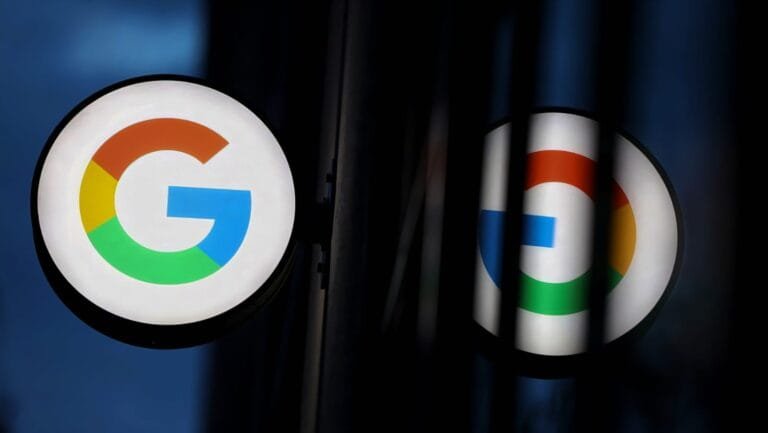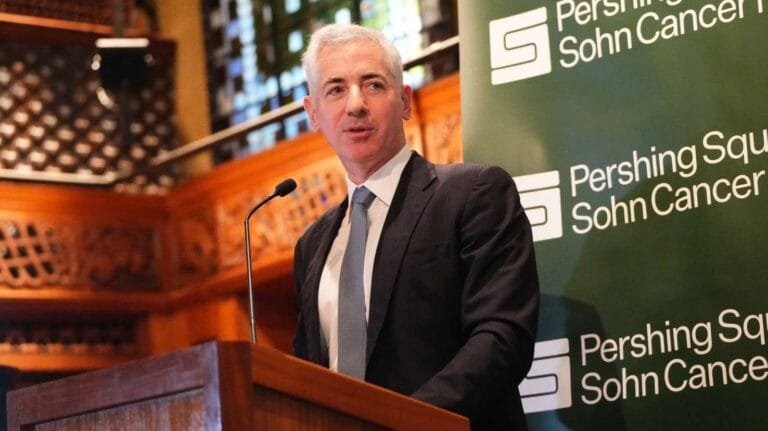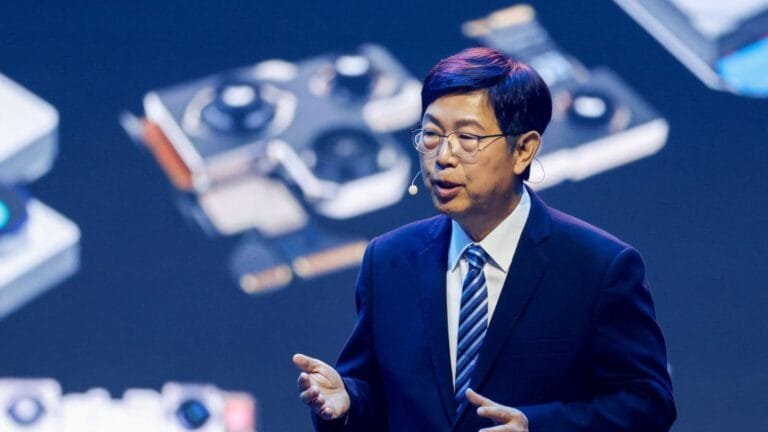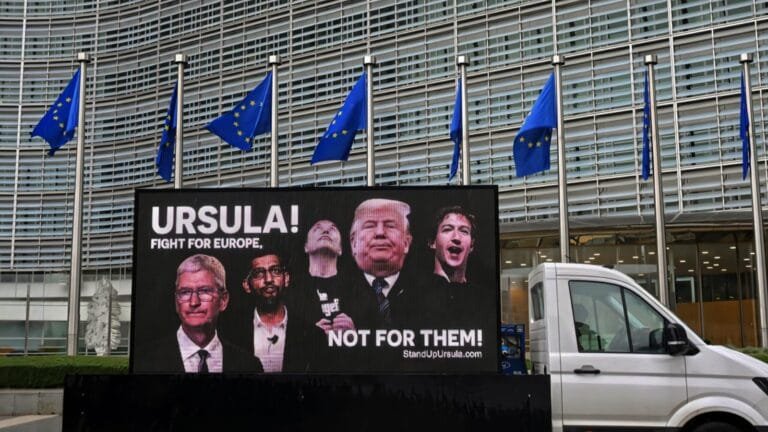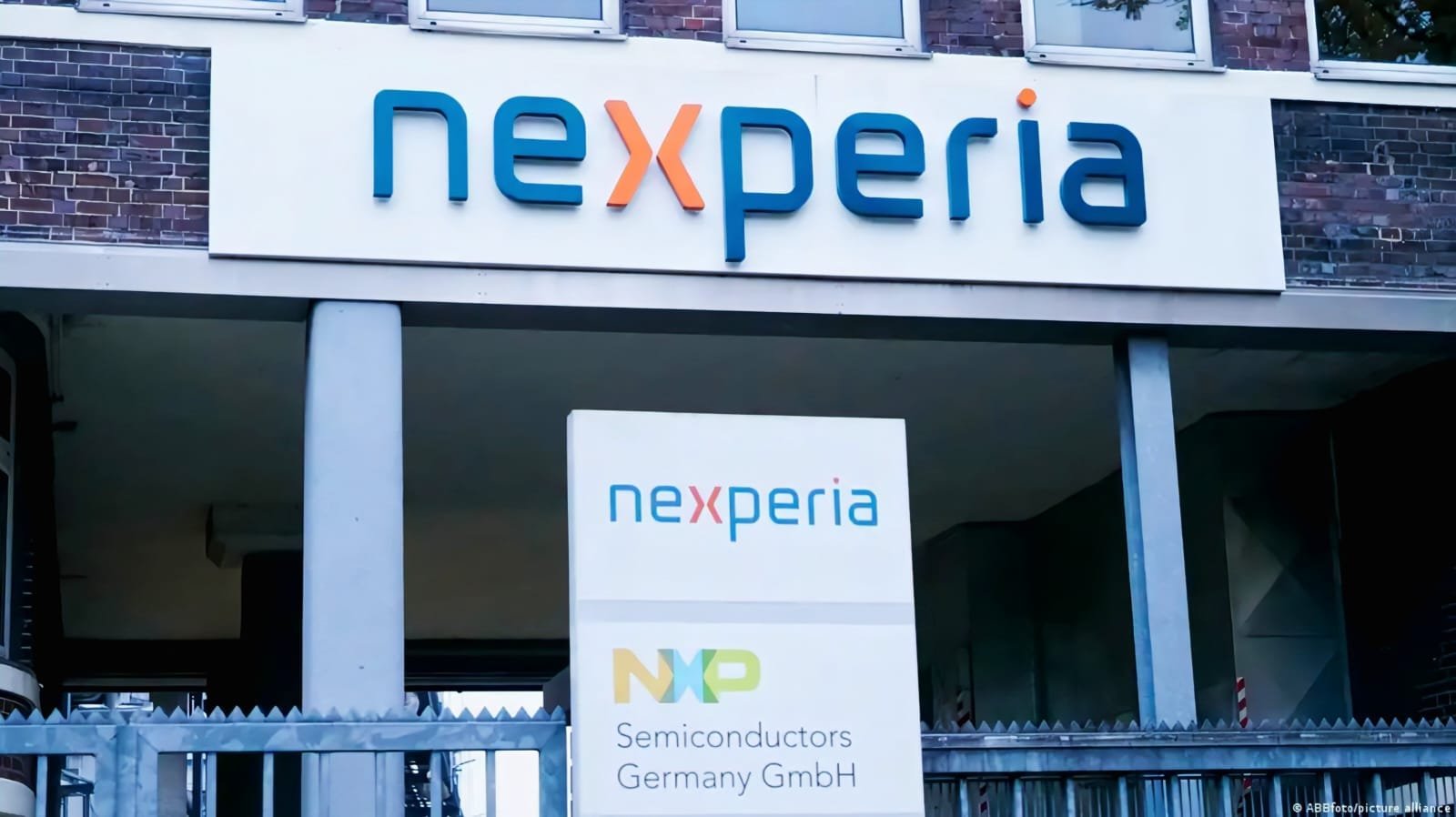
China’s easing of export rules allows Nexperia chip factories to restart global shipments.
China Eases Export Restrictions on China Nexperia chip exports: A Major Relief for Civilian Use
China recently announced an easing of export restrictions on Nexperia chips, a move aimed at facilitating civilian use. This news could be a major relief for the global automotive industry. Nexperia is a leading semiconductor company whose chips are used in the electrical systems of cars. The restrictions had severely impacted the supply chain, but the easing of restrictions could allow production to get back on track. This incident appears to be part of the US-China trade war. The Dutch government had taken control of Nexperia, and in response, China halted exports. Zhang Xuecheng’s empire is vast; he owns other Chinese firms besides Wingtech. However, geopolitical tensions affected his plans, as the Dutch government feared that Zhang would shift European production to China. This could have jeopardized Europe’s economic security. Nexperia employs over 15,000 people, mostly working in China and Germany.
Nexperia at a Glance: A Company History
originated from the Dutch company NXP Semiconductors, one of the world’s largest semiconductor firms. In 2016, Nexperia was sold as the Standard Products division of NXP. The buyers included the Chinese fund Wise Road Capital, a consortium. In 2019, Wingtech Technology fully acquired Nexperia. Wingtech is a Chinese electronics manufacturer, and its CEO is Zhang Xuecheng, a 50-year-old entrepreneur. Nexperia now manufactures discrete semiconductors, including diodes, transistors, and MOSFETs. These chips are used in the automotive, consumer electronics, and industrial sectors. The majority of the company’s production takes place in China, where packaging and assembly are also carried out. There are also facilities in Europe. However, China has a large stake, yet Nexperia holds more than 10% of the global market share.
The Root of the Conflict: Dutch Government Intervention
In September 2025, the Dutch government seized control of Nexperia. This happened on September 30th, and the government cited “serious administrative deficiencies.” Nexperia’s Chinese owner, Wingtech, was suspected of wanting to move European production to China. This would result in job losses and the transfer of technology out of Europe. Dutch authorities also stated that this move was necessary for national security, as European economic security was at risk. The German plant of Nexperia was also affected. Production there was halted, and the company stated that they would cooperate. However, tensions escalated. This incident threatened to create a rift in Europe-China relations, against the backdrop of the US-China chip war. The US has imposed controls on advanced chip technology. The Dutch firm ASML is also under pressure. Nexperia manufactures basic chips, but these are also crucial. The Dutch government warned Wingtech, accusing them of weakening Nexperia and benefiting Chinese companies.
China’s Response: Restrictions on China Nexperia chip exports
Immediately after the Dutch action, China retaliated. They imposed restrictions on the export of Nexperia’s chips, specifically those manufactured in China. Half of Nexperia’s production comes from China, and the restrictions affected companies in Germany and Japan. The Chinese Ministry of Commerce stated that this was a retaliatory measure, arguing that the Dutch action was wrong and that China was protecting the global chip supply chain. They also said that Europe should pressure the Dutch government. Export licenses were revoked, and companies had to reapply, but the process was slow.
This move was a blow to the automotive industry. Nexperia’s chips are used in car sensors and control systems. The restrictions halted production lines. China stated that they would prioritize civilian use, but initially, no exemptions were granted. A spokesperson for the Ministry of Commerce stated, “We are ensuring the security of the global supply chain,” and warned the Dutch side. They demanded the return of Nexperia. Tensions escalated. But the Trump-Xi meeting paved the way. The two presidents met on October 30. After that, the exemption process began.
Profound Impact on the Automotive Industry
The Nexperia chip shortage shook the auto industry. Car manufacturers were distressed; companies like Volkswagen and Honda were affected. Japanese automakers issued warnings. Honda and Nissan cut production. These chips are basic, but essential for a car’s electrical systems. They are used in sensors, brake control, and engine management. The shortage brought car production to a halt. There was a risk of a 10% reduction in global production.
Factories in Europe began to shut down, and German suppliers said they were running out of stock. In Japan, Honda reduced production by 20%. Nissan planned to diversify its supply chain. But immediate relief was not forthcoming. Despite this, the auto industry was already grappling with a chip crisis. This was a new blow after COVID. Experts said this crisis was one of the biggest challenges of 2025. Car prices could have increased. Consumers would have been forced to wait. But the exemption has now brought hope, and deliveries have resumed. German and Japanese firms have started receiving chips.
Exemption Announcement Focuses on Civilian Use
On November 9, 2025, China’s Ministry of Commerce…The ministry made a major announcement. They granted an exemption on the export of Nexperia chips. This is for civilian use, meaning not for military or dual-use purposes. Companies applying will receive licenses, and the ministry stated, “We are granting exemptions for compliant exports.” This move will provide relief to the global auto industry. Applications began after the initial Trump-Xi meeting. Now the process has accelerated. Discussions took place between Dutch and Chinese officials.
China invited further talks, as the meaning of “civilian use” is not entirely clear. However, the automotive sector will be prioritized. The ministry appealed to the European Union, urging the EU to pressure the Dutch government. They stated that returning the chips to Nexperia is the time to rectify this wrong action. Despite this, companies are pleased. Nexperia stated that they will resume exports. Their Chinese plants and subcontractors will benefit. This exemption appears temporary, but it is positive in the long term.
Impact on Global Trade and Supply Chains of China Nexperia chip exports
This exemption will stabilize global trade. The chip supply chain was already fragile. Now automakers will receive relief. However, tensions persist, and relations between China and the Netherlands remain strained. The EU will have to intervene. Trade experts say this is part of the chip war. The US imposed sanctions on Chinese firms, and now Europe has joined in. The Nexperia case is an example. Even basic chips have now become weapons. Supply chain diversification is crucial. Companies are looking towards India and Vietnam. The economic impact is significant. The auto sector contributes 3% to GDP. Shortages would result in billions of dollars in losses. The exemption will prevent this, but prices will remain high for now. Investors are cautious, and volatility has been observed in the stock market.
Geopolitical Background: A New Chapter in the Trade War
This event is an extension of the US-China tensions. The Trump-Xi meeting was significant, as they discussed trade issues. Chips were a major point of discussion. Europe is now siding with the US. The Dutch move is part of the EU’s policy. China has also spoken about controlling rare earth elements, which are essential for chips. The EU fears disruptions to technology supply. AI and electric vehicles could be affected. China says it wants global cooperation, but national interests come first. Meanwhile, diplomacy continues between the Netherlands and China. The EU said they agreed to unblock the chip flow, but the control of Nexperia remains an issue. This could be a long dispute.
What to expect in the future China Nexperia chip exports?
The future is uncertain. The exemptions will provide immediate relief, but the underlying dispute remains unresolved. Will the Dutch government return Nexperia? China will maintain strict export rules. The auto industry will have to find alternative sources. Despite this, experts advise increasing diplomacy. The Trump administration could mediate. Countries like India could benefit. Nexperia itself is increasing production. They will strengthen European plants. In the long term, the chip war will intensify, but a solution through cooperation is possible. If companies adapt, consumers will get cheaper cars. The company’s future was uncertain, but the exemptions may bring stability. Nexperia itself has stated that they will comply with the rules. They welcome the lifting of export restrictions.
